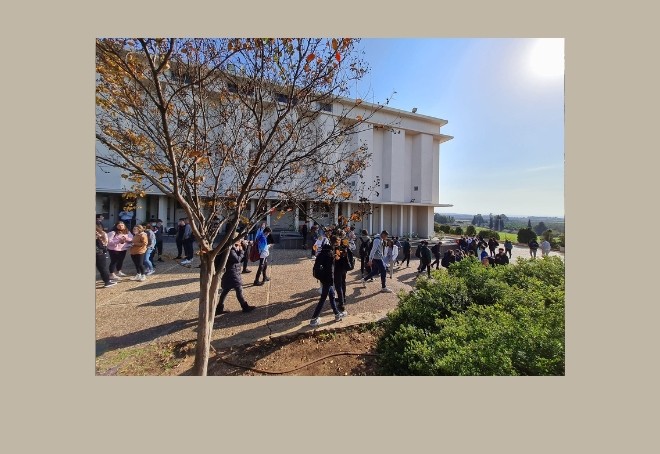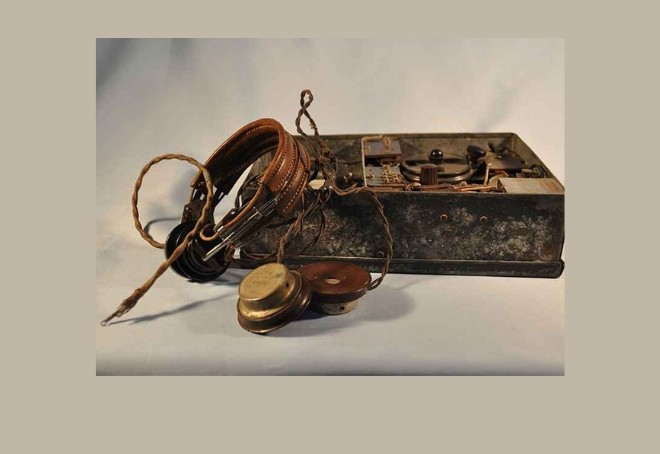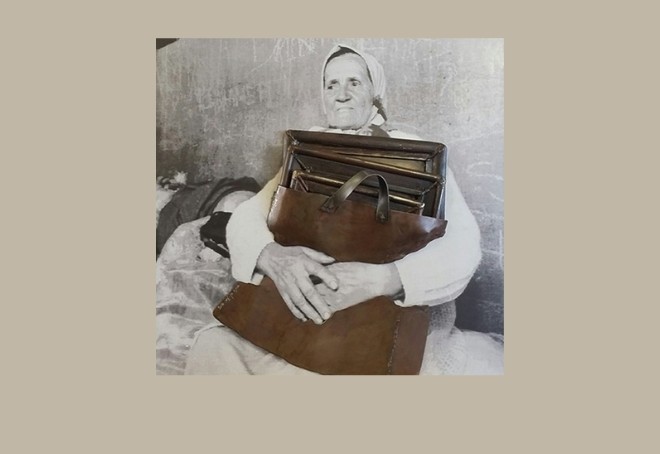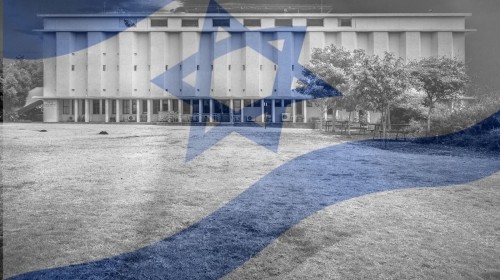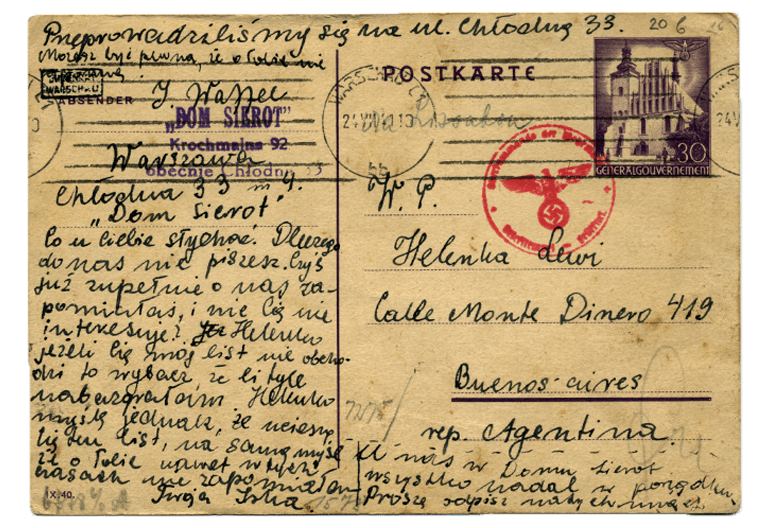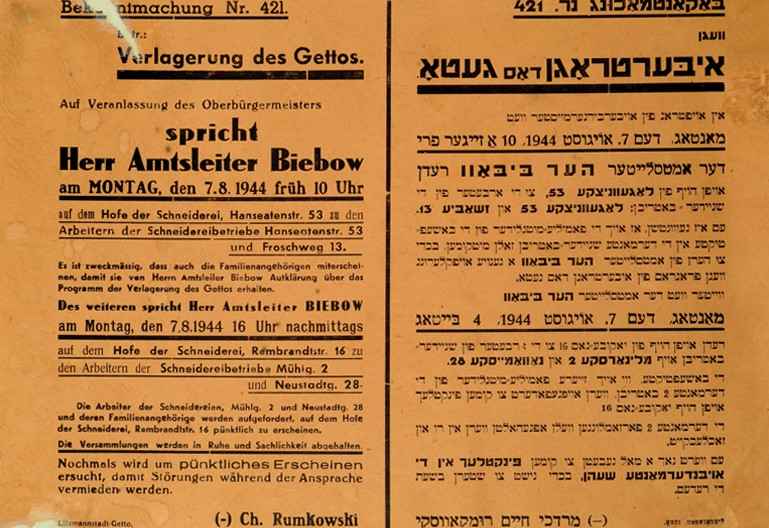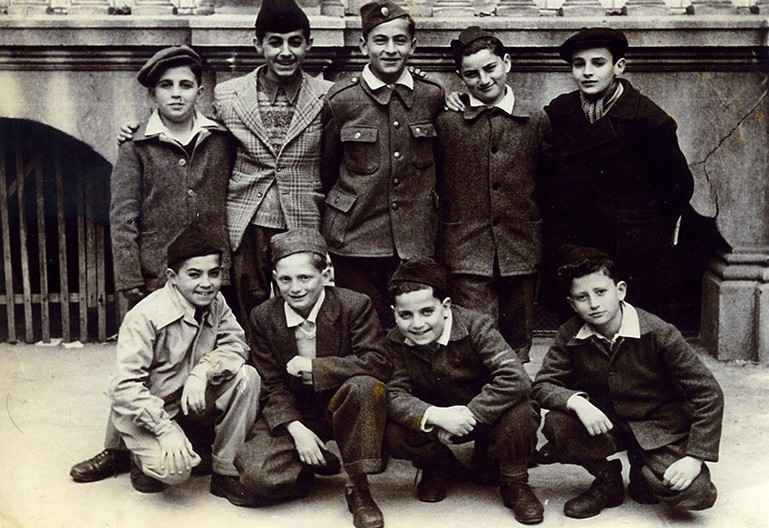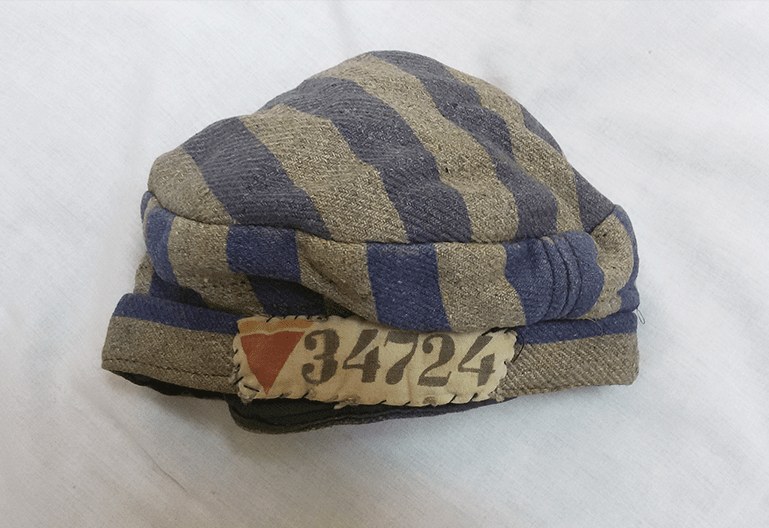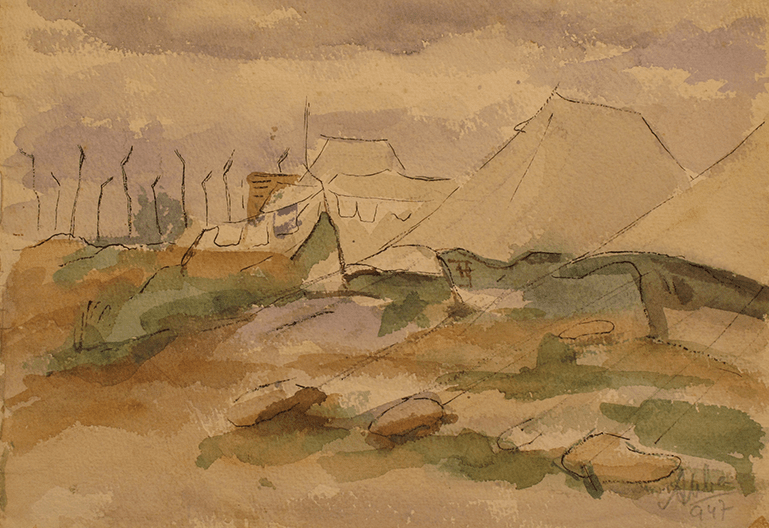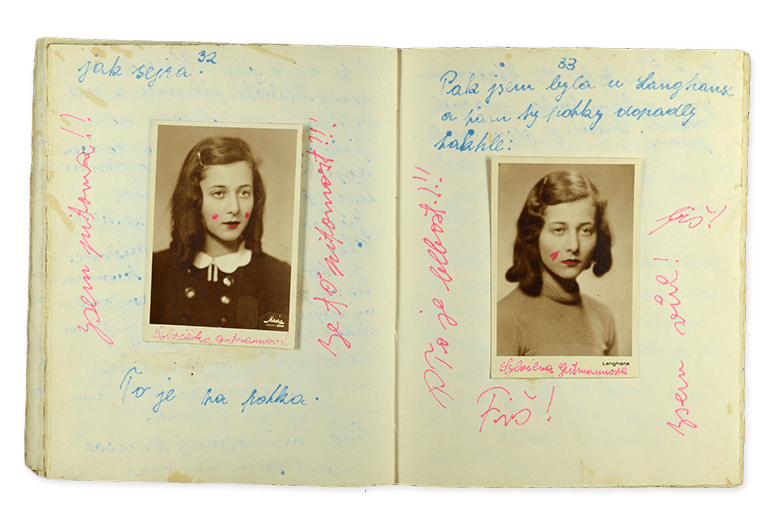
"מקירות הרוסים באנו הנה, ברצוננו להקים קירות איתנים, בתים, חיים" (אנטק צוקרמן)
הפעילות התאפשרה בסיוע Claims Conference in Israel ועידת התביעות בישראל , בחסות הקרן "זיכרון, אחריות ועתיד" בתמיכת משרד האוצר הפדרלי הגרמני ובשיתוף יד ושם והסוכנות היהודית.
בית הספר לרוח האדם
הפעילות התאפשרה בסיוע Claims Conference in Israel ועידת התביעות בישראל , בחסות הקרן "זיכרון, אחריות ועתיד" בתמיכת משרד האוצר הפדרלי הגרמני ובשיתוף יד ושם והסוכנות היהודית.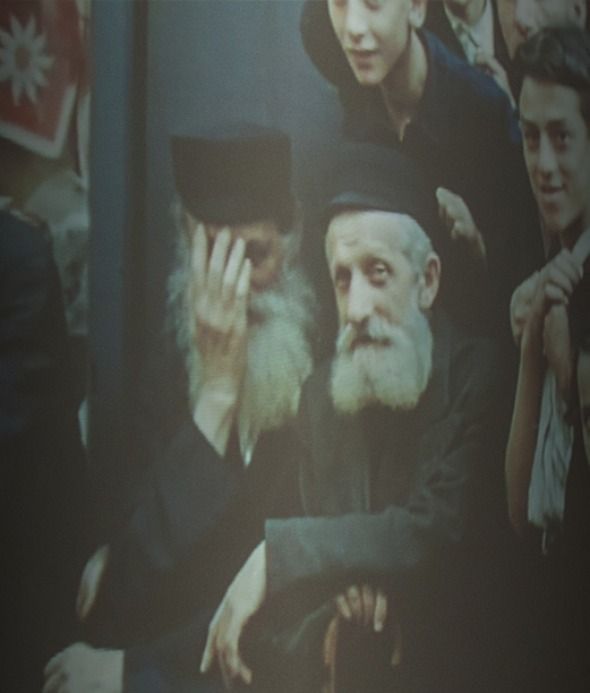
מסע בזמן אל הקהילה היהודית הגדולה באירופה
הפעילות התאפשרה בסיוע Claims Conference in Israel ועידת התביעות בישראל , בחסות הקרן "זיכרון, אחריות ועתיד" בתמיכת משרד האוצר הפדרלי הגרמני ובשיתוף יד ושם והסוכנות היהודית.סיפורה של דורקה שטרנברג
עצרת הנעילה השנתית לאירועי יום הזיכרון לשואה ולגבורה 2024
שבת ישראלית
בואו לקחת חלק במיזם "שבת ישראלית" של המועצה לשימור אתרי מורשת ומשרד התרבות. ביקור אשר משלב מסורת, מורשת, היסטוריה וציונות.
ההצגה אחרונה על החומה - לתלמידי חטיבה עליונה
לקראת שנת הלימודים תשפ"ד אנו שמחים לחשוף בפני צוותי החינוך את ההצגה "אחרונה על החומה". הצגת מקור המתמקדת בסוד כוחה של תנועת הנוער בגטו ורשה בתקופת השואה והמעבר מתנועת נוער למחתרת יהודית הלוחמת בנאצים.
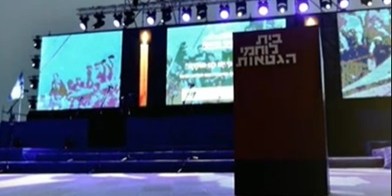

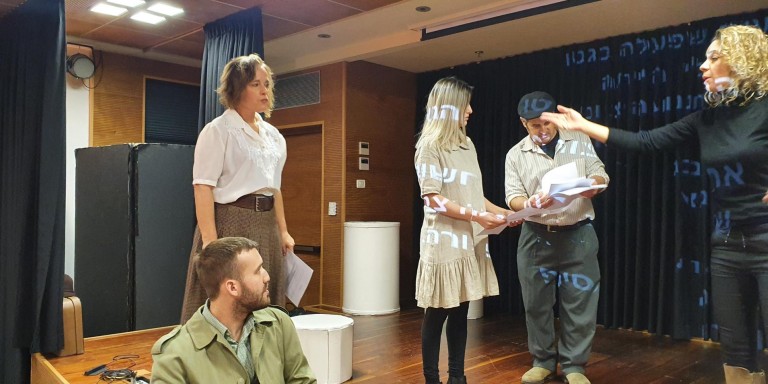

עכשיו בבית לוחמי הגטאות
תערוכות נבחרות
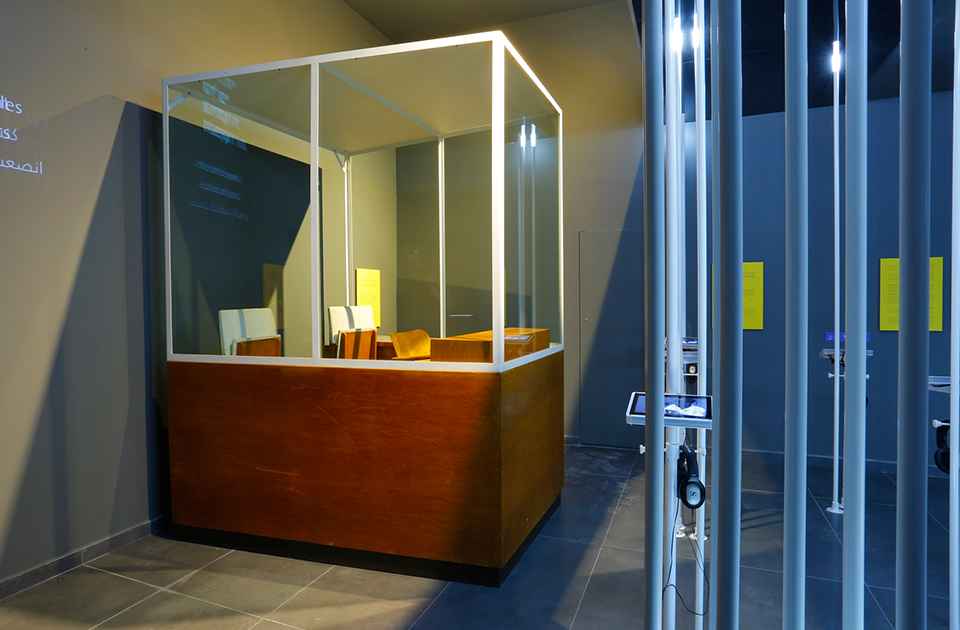 תערוכות קבע
תערוכות קבע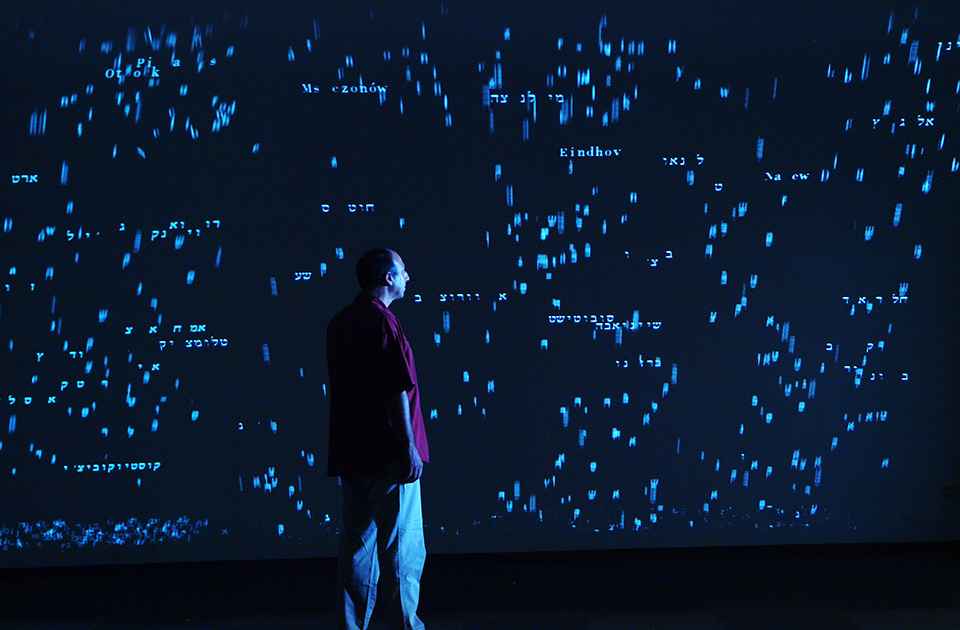 תערוכות קבע
תערוכות קבע תערוכות קבע
תערוכות קבעארכיון בית לוחמי הגטאות
ארכיון בית לוחמי הגטאות נוסד בימיו הראשונים של הקיבוץ, עם הקמת המוזיאון. חברי הקיבוץ החלו באיסוף תעודות, תצלומים ומסמכים כדי לתעד את ימי השואה והקהילות שחרבו. מלאכת האיסוף והמיון הייתה בעיניהם מימוש צוואתם של הנספים, בני משפחותיהם וחבריהם לתנועה, והמשך ישיר לפעילות התיעוד שהתקיימה בגטאות.
